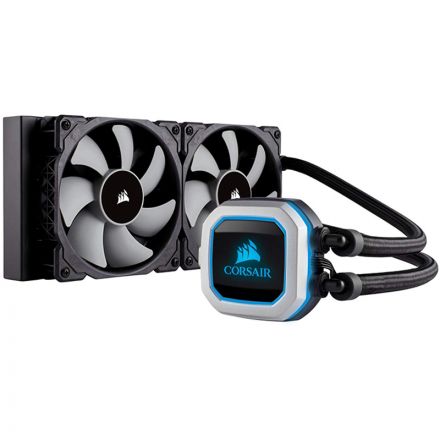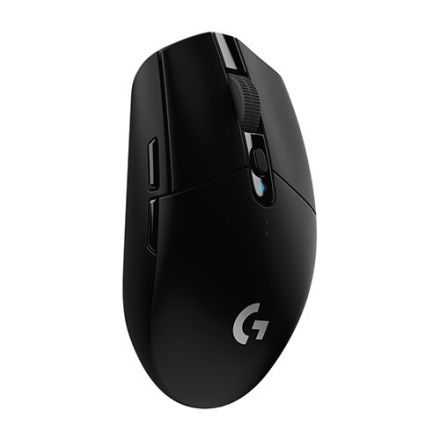This website uses cookies to ensure you get the best experience on our website. Read more


Categories: Technology
Posted: July 03, 2023
Gaming has become a significant part of our lives, providing us with immersive and thrilling experiences. Whether you're a casual gamer or a hardcore enthusiast, one thing is certain: the performance and longevity of your gaming rig heavily depend on proper CPU cooling. In this blog post, we will delve into the importance of CPU cooling for gaming and provide you with some valuable tips and tricks to optimize your gaming experience.
Why is CPU Cooling Important for Gaming?
Temperature Management: When you engage in intense gaming sessions, your CPU works harder and generates more heat. Excessive heat can lead to thermal throttling, which reduces the CPU's performance and can cause system instability. A well-cooled CPU ensures optimal performance and helps prevent unexpected crashes or freezes during gameplay.
Overclocking Potential: Overclocking your CPU can provide a significant boost in performance, allowing you to squeeze out extra power from your gaming rig. However, this also increases heat output. Effective CPU cooling solutions can help dissipate this extra heat, enabling you to push your CPU to its limits while maintaining stability.
Longevity and Reliability: Heat is one of the main factors that contribute to the degradation of electronic components. Continuous exposure to high temperatures can decrease the lifespan of your CPU and other sensitive hardware components. By keeping your CPU cool, you enhance its longevity, ensuring your gaming rig remains reliable for years to come.
Tips and Tricks for Efficient CPU Cooling:
Invest in a High-Quality CPU Cooler: The stock coolers that come bundled with CPUs are generally adequate for basic usage, but they may not be sufficient for intense gaming. Consider investing in an aftermarket CPU cooler, such as a tower air cooler or an all-in-one liquid cooler. These provide better heat dissipation and are designed to handle higher thermal loads.
Apply Thermal Paste Correctly: Proper application of thermal paste is crucial for efficient heat transfer between the CPU and the cooler. Follow the manufacturer's instructions and apply an appropriate amount of thermal paste to ensure even coverage and eliminate air gaps. This will help maximize heat dissipation and reduce CPU temperatures.
Optimize Airflow in Your PC Case: Maintaining good airflow within your PC case is essential for effective cooling. Make sure you have a balanced combination of intake and exhaust fans, allowing cool air to enter and hot air to be expelled efficiently. Consider installing additional case fans or upgrading to more powerful ones if needed.
Keep Your PC Clean: Dust accumulation can hinder airflow and increase temperatures. Regularly clean your PC, especially the CPU cooler and fans, using compressed air or an antistatic brush. This will prevent dust from clogging the cooling components, ensuring optimal cooling performance.
Monitor CPU Temperatures: Use software utilities to monitor your CPU temperatures during gaming sessions. Keep an eye on the temperatures and ensure they remain within safe operating limits. If you notice unusually high temperatures, consider adjusting fan speeds, upgrading cooling solutions, or optimizing airflow within your case.
Conclusion:
CPU cooling plays a vital role in ensuring optimal gaming performance, stability, and longevity of your gaming rig. By investing in high-quality cooling solutions, applying thermal paste correctly, optimizing airflow, and keeping your PC clean, you can effectively manage CPU temperatures and enhance your gaming experience. Remember, a cool CPU is a happy CPU, so take the necessary steps to keep your gaming rig running smoothly and enjoy gaming at its best!














